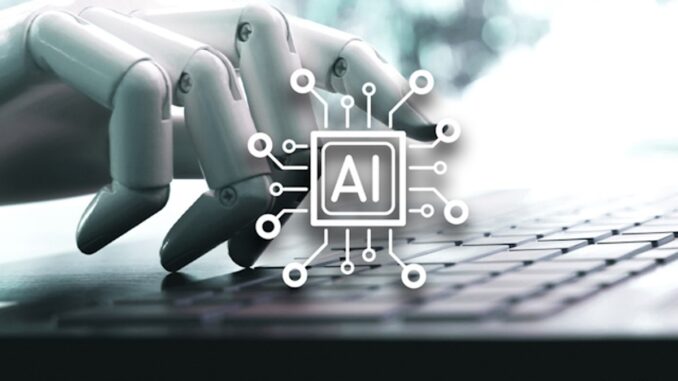
The core practices of AI development emphasize several key elements that ensure the creation of effective, ethical, and reliable AI systems. Here are the main emphases:
### 1. **Problem-Solving Focus** – **Defining Clear Objectives**: Establish well-defined goals and target outcomes. This ensures that the AI system addresses a meaningful problem and aligns with user needs.












### 2. **Ethical Considerations**
– **Responsible AI**: Incorporate ethical frameworks that prioritize fairness, accountability, and transparency throughout the development process, addressing potential biases and societal implications.
### 3. **Data Integrity**
– **Data Quality and Management**: Emphasize data collection, cleaning, validation, and management to ensure the data used is accurate, representative, and compliant with privacy and security standards.
### 4. **Interdisciplinary Collaboration**
– **Diverse Teams**: Engage multi-disciplinary teams including data scientists, domain experts, ethicists, and legal advisors to provide varied perspectives and expertise throughout the AI development lifecycle.
### 5. **Model Robustness**
– **Thorough Testing and Validation**: Implement rigorous testing protocols to evaluate model performance, including assessing for biases, robustness, and generalizability to ensure reliability in real-world applications.
### 6. **Transparency and Explainability**
– **Clear Documentation**: Maintain detailed documentation of decisions made during development and provide transparency into how AI models operate, including their limitations and decision-making processes.
### 7. **User-Centric Design**
– **Incorporating User Feedback**: Engage end-users in the design and testing phases to understand their needs and improve user experience; ensure the system is intuitive and aligns with user workflows.
### 8. **Continuous Improvement**
– **Iterative Development**: Adopt agile methodologies to allow for rapid iteration, enabling the team to continuously refine the model and address limitations based on feedback and performance metrics.
### 9. **Compliance and Governance**
– **Adhere to Regulations**: Ensure compliance with relevant laws and regulations regarding data usage, privacy, and AI deployment, incorporating governance structures that enforce best practices and oversight.
### 10. **Monitoring and Maintenance**
– **Active Monitoring**: Establish systems for ongoing monitoring of AI performance post-deployment to detect and address issues promptly, ensuring that the AI system remains effective over time.
### 11. **Education and Training**
– **User and Developer Training**: Provide training for both users and developers on operating AI systems responsibly, ensuring understanding of the implications, limitations, and ethical considerations associated with AI technologies.
### Conclusion
By emphasizing these core practices, AI development can lead to solutions that are not only innovative and effective but also aligned with ethical standards and societal values. This balanced approach fosters trust and allows for the responsible use of AI in diverse applications, ultimately enhancing the benefits to individuals and society.

Leave a Reply